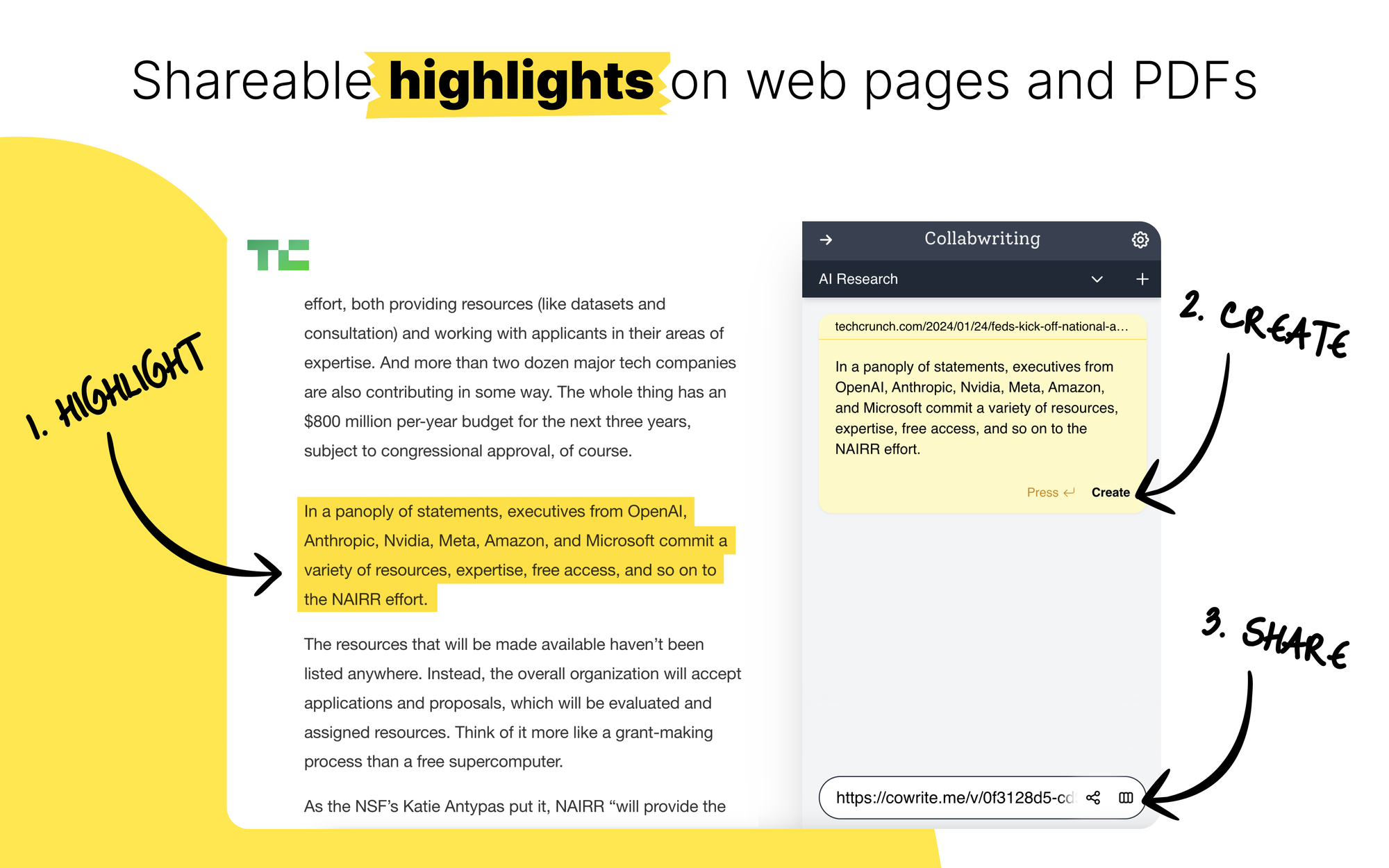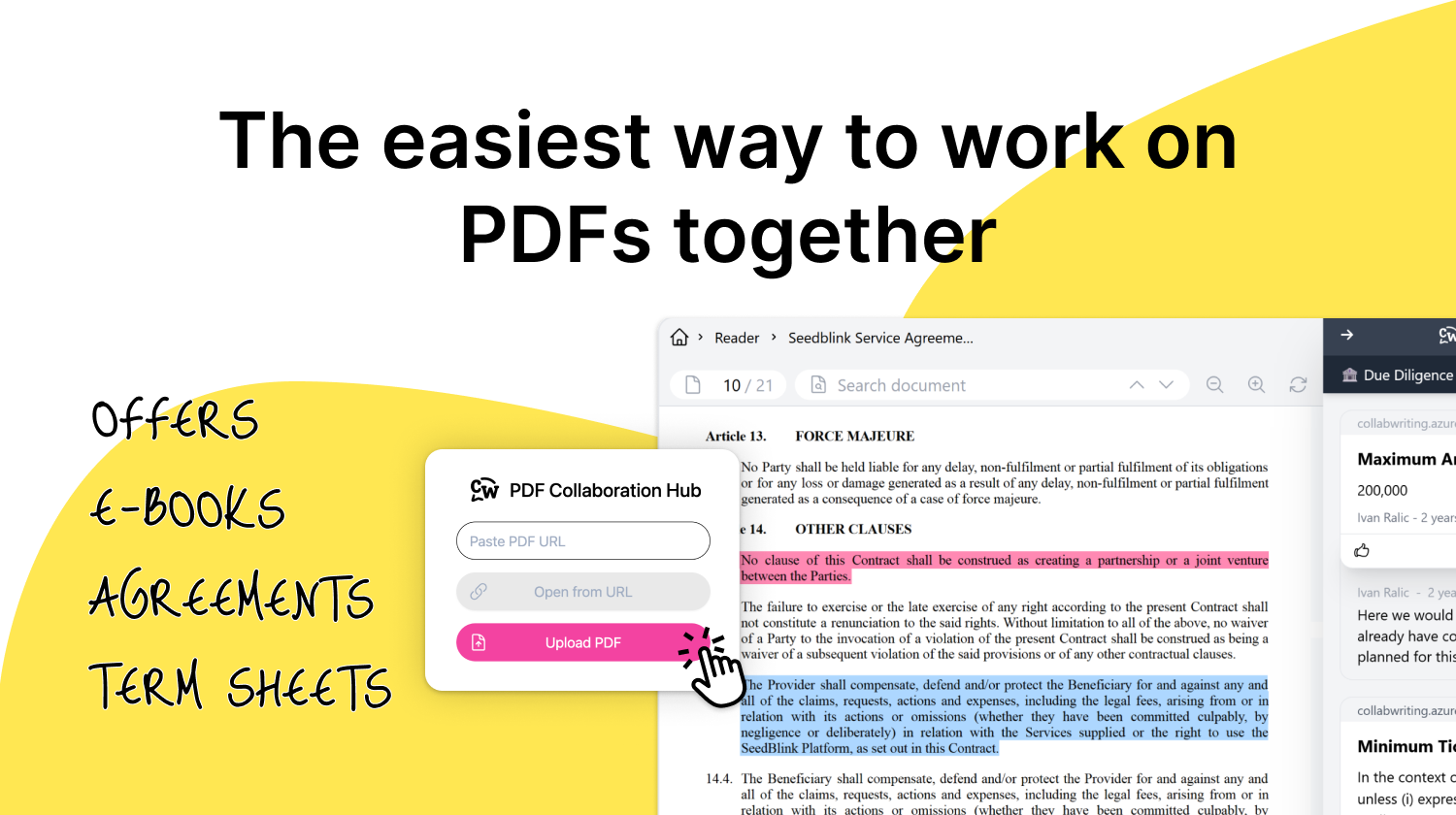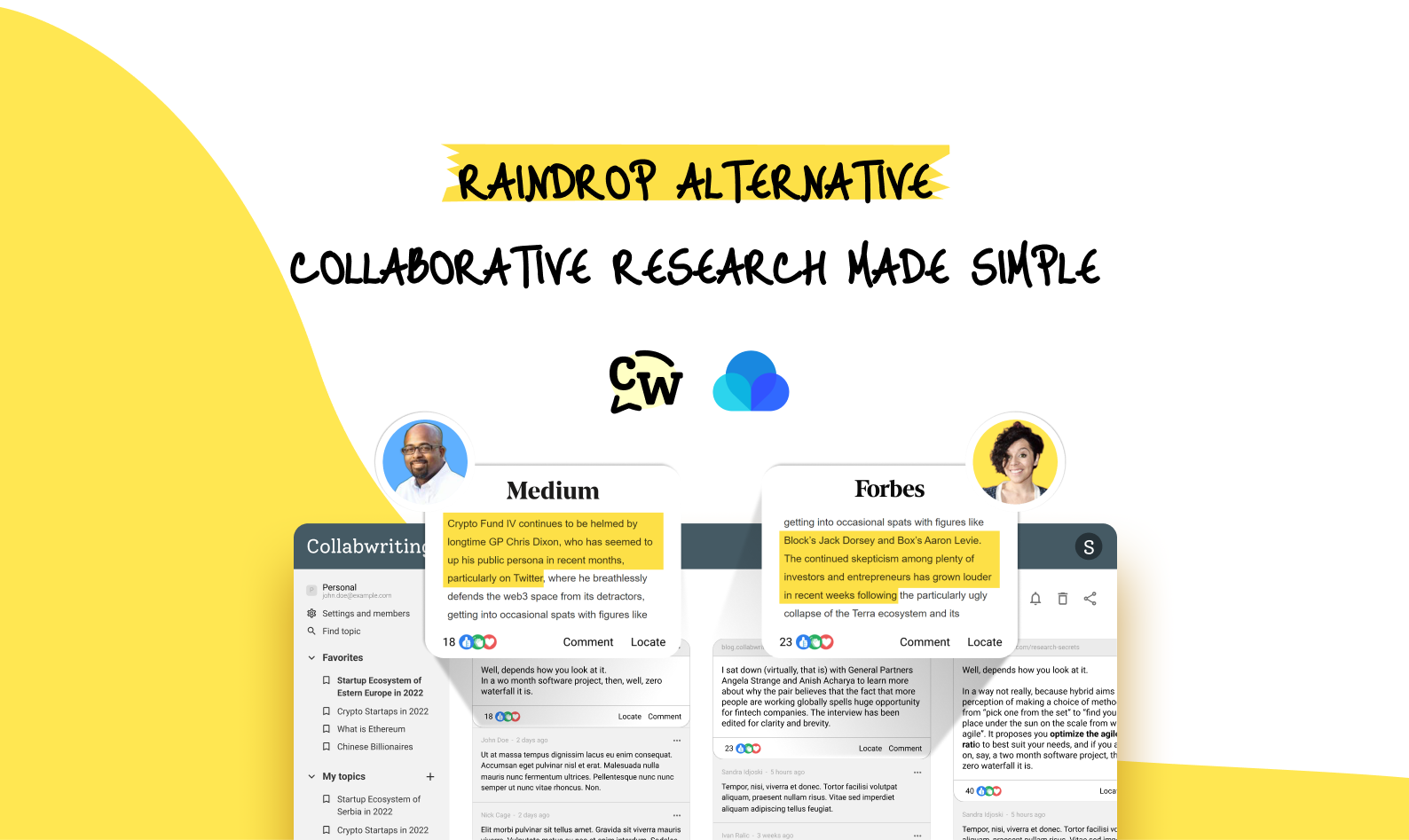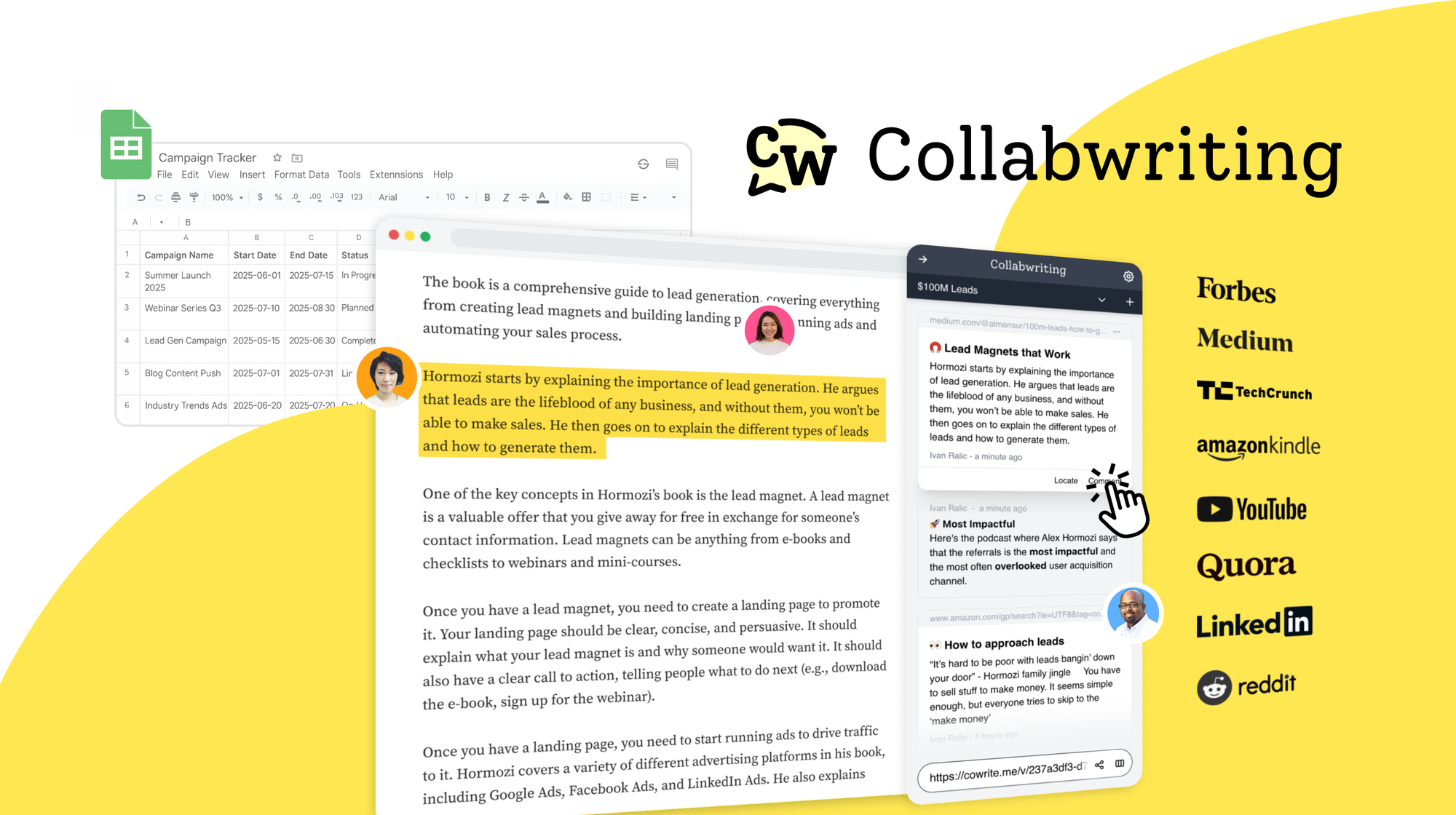Let’s get real for a second:
If you want to be an exceptional writer - the kind that creates work that lasts, not just content that checks boxes - you need to master research. No shortcuts, no gimmicks.
Research is non-negotiable.
Sure, you’ve read those crisp, effortless-looking articles that seem to flow straight from the writer’s brain to the page.
But here’s the truth: Behind every one of those pieces is either years of hands-on experience or hours of digging, synthesizing, and fact-checking.
Great writing isn’t magic - it’s built on groundwork.
And today?
Research isn’t just important - it’s urgent.
We’re swimming in misinformation, and even AI tools can’t always be trusted (we’ve all seen those wild hallucinations, right?).
That’s why building a bulletproof research process is your superpower. Nail this, and you can write confidently about anything - even topics you’re brand-new to.
Content that sticks isn’t about algorithms.
It’s about people.
And that? Only humans can do.
Plus, when you organize your findings into a “single source of truth” (think databases, notes, or frameworks), you’re not just writing - you’re creating a knowledge vault you can revisit forever.
So, want to stand out in a sea of mediocre content and provide real insights?
Start treating research like the foundation it is.
What is content research?
Content research isn’t Ctrl+F in your brain or skimming the first three Google results.
It’s detective work for the truth - a ruthless pursuit of clarity in a noisy world.
Think of it as three things at once:
- An investigative process – Digging into primary sources, dissecting peer-reviewed studies, and interrogating data (not just quoting LinkedIn hot takes)
- A strategic framework – Aligning what you find with your audience’s unspoken needs, gaps in existing content, and the why behind your piece
- An ethical commitment – Verifying claims, flagging contradictions, and refusing to regurgitate myths (even if they’re trending)
This is where most writers fail. They confuse “research” with:
→ Googling for 10 minutes
→ Rewording competitor blogs
→ Prompting AI and hitting “publish” without fact-checking
Real content research?
It’s what separates authority from content.
It’s how you:
- Spot patterns experts miss
- Ask better questions than your peers
- Build pieces that change how people think – not just fill a word count
If your research doesn’t surprise you, it won’t move your audience.
Dig deeper.

Content research - The benefits
Content research isn’t a “nice-to-have” - it’s the difference between writing that fades into the algorithmic abyss and work that sticks.
Here’s why it’s non-negotiable in today’s attention economy:
1) It cuts through the noise
The internet is flooded with content that feels like it was generated without much thought.
Research lets you go vertical, not horizontal (deep, not wide). Instead of repeating the same tired points, you expose contradictions, highlight overlooked studies, and challenge the status quo.
That’s how you build trust.
2) Turns you into a signal in the noise (Your content will be impossible to ignore)
Google for “AI trends,” and you’ll find thousands of near-identical listicles.
Research helps you go beyond the obvious - the startup quietly solving a problem giants ignore, the academic paper buried on page 8 of search results, the real-world story no one’s connecting to the data.
Originality isn’t creativity - it’s finding what others miss.
3) It builds your credibility
When you cite primary sources, interview subject-matter experts, or analyze raw data, you’re not just “writing content” - you’re building a reputation.
Readers can tell the difference between someone who actually knows their stuff and someone just repeating what they’ve read.
4) Makes you AI-proof
Sure, AI can generate a 1,500-word article in seconds.
But can it:
→ Spot that the “latest stats” everyone’s citing are actually from 2019?
→ Catch when a so-called fact doesn’t apply across cultures?
→ Find real user experiences buried in niche forums?
Research is how you out-human the machines.
5) Saves you time (Seriously!)
That “knowledge vault” you build? It compounds.
Today’s deep dive into neuroscience studies becomes tomorrow’s framework for writing about productivity, leadership, or creativity.
The more you research, the faster and sharper your thinking becomes.
The uncomfortable truth everyone ignores?
Bad research isn’t just lazy - it’s dangerous. We’re in an era where a single unchecked claim can spread to millions in hours. Doing the work isn’t just about your credibility – it’s a responsibility.
The best content doesn’t just answer questions – it makes people rethink the questions they’re asking. That only happens when you dig deeper than everyone else.

Ways to sharpen your research skills - No matter the industry
Whether you’re in marketing, tech, or any other field, being able to dig up the right information and make sense of it can really set you apart.
Here are a few simple ways to sharpen your research skills and start finding more valuable insights.
Begin with the big picture, then zoom in on the details
Research can feel overwhelming at first, but it’s totally fine to start with a simple internet search.
Tools like Google or Wikipedia may not always be 100% accurate, but they’re great for getting a quick overview of a topic - giving you the basics, a bit of history, and key points to build on.
Know the signs of a credible source
Not all sources are reliable, so it's important to know how to tell the good ones from the less trustworthy.
To figure out if a source is reliable, use your critical thinking skills and ask yourself:
- Does this source match up with other ones I’ve found?
- Is the author an expert in this field?
- Does the author have any biases or conflicts of interest on this topic?
➡️ Scholarly, peer-reviewed articles and books
➡️ Trade or professional articles and books
➡️ Magazine articles, books, and newspaper articles from reputable publishers
➡️ Educational institutions like universities and colleges
➡️ Government websites, academic institutions, and reputable news organizations
- While websites and blog posts can offer reliable information, they often need extra evaluation.
Cross-check information from multiple sources
The internet is huge, and pretty much anyone can share anything online.
Since many websites don’t always fact-check their content, there’s a lot of unreliable info out there - and some of it can be completely wrong.
To make sure you’re on the right track, always double-check what you find by looking at a few different sources. Don’t just trust one webpage - try to find at least two others that say the same thing.
Before trusting any stat:
- Verify via three unrelated sources (e.g., government data + peer-reviewed study + industry report)
- Check WHOIS records for domain ownership (is that “independent study” funded by a corporation?)
- Reverse-image search infographics (many viral “facts” are recycled misinformation)
This way, you’ll have a better chance of finding accurate, reliable information.
Stay open to unexpected answers
Good research isn’t just about proving what you already believe - it’s about discovering the truth.
If you only look for information that confirms your opinion, you might miss important details and get a limited view of the topic.
Instead, approach research with an open mind, so you can learn fully and get the most accurate understanding possible.
Keep things tidy
When gathering data, you’ll come across tons of stuff - websites, PDFs, videos, you name it.
Staying organized is super important so you don’t lose track of anything or forget where you found your info.
Here are a few easy ways to keep it all under control:
- Save bookmarks (super quick for online sources)
- Use tools to annotate as you read
- Leave comments + add tags
- Sort your findings by topics/subtopics
Update these as you work - it’ll save you time later and make sure you can always give proper credit.

Collabwriting - Shareable Notes on Web Pages and PDFs
Collabwriting allows you to gather all your online sources in one place. No more endless scrolling, no more lost insights, just simple, structured knowledge at your fingertips. Just highlight, save, and collaborate with anyone on any content you find online.
Key strategies to master research in content marketing
To become great at research in content marketing, here are some key strategies to follow:
- Start with structure: Begin by fully understanding your topic. Break it down into key areas and look for credible sources on each one. Create an outline to organize your findings before you start writing.
- Use reliable sources: Always rely on trustworthy sources as mentioned earlier, like academic journals, reputable websites, and books. The quality of your research impacts the credibility and ranking of your content.
- Take smart notes: As you research, make quick notes and highlight key points to revisit later. Use tools to keep everything organized and easily accessible.
- Avoid plagiarism: Ensure you properly cite and paraphrase your sources to maintain the originality of your work. This helps keep your content credible and trustworthy.
- Edit for clarity: After gathering all your research, use your editing skills to refine it. A good editor will ensure everything is error-free, well-structured, and easy to understand.

Last word
Research isn’t just a task - it’s a tool for creating meaningful work.
Here’s how to get it right:
- Be a detective, not a parrot → Go beyond surface-level sources and dig deeper.
- Create a "knowledge vault" → Organize your findings so they build up over time.
- Fact-check like your reputation depends on it → Because it really does.
- Out-human the AI → Machines miss outdated stats and cultural nuances. You won’t.
Want to go further?
For more on building credibility through research, explore Collabwriting’s full guide here.
Why is research considered a skill?
Research is a skill because it requires practice and strategy. It's about knowing how to ask the right questions, find reliable information, and organize it effectively. Developing strong research skills allows you to create more insightful and impactful content.
Why is research so important for content writing?
Research is crucial because it helps you go beyond surface-level knowledge, making your content more accurate, reliable, and engaging. It builds credibility, helps you uncover new insights, and ensures your content stands out in a crowded digital space.
Is content research a one-time thing?
Nope, content research is an ongoing process. It’s important to keep researching regularly to stay up-to-date with industry trends, changing audience preferences, and new info. Consistent research helps content creators produce content that’s fresh, relevant, and engaging.
Can research be used for different types of content?
Yes, you can use the same research methods for all kinds of content - whether it’s articles, videos, podcasts, infographics, or social media posts. The key steps like understanding your audience, exploring your topic, finding different sources, and getting feedback are the same, no matter the format.
How is content research different from content creation?
Content research includes gathering and analyzing information to guide your content. It focuses on understanding what your audience needs, finding relevant topics, and collecting insights. Content creation, however, is the process of using that research to actually build the content - whether it's articles, blog posts, videos, or infographics.







![5 Tools Marketers Use to Organize Research - Compared [2025]](/content/images/2025/11/cover-4-1.png)

![Build Credibility in Research: Smart Way to Verify Information and Track Sources Easily [2025]](/content/images/2025/10/covers-for-blog--7--1.png)

![How Marketers Can Turn LinkedIn Content into Collaborative Research [2025]](/content/images/2025/10/covers-for-blog--8-.png)
![Best Readwise Alternative for Personal & Team Research [2025]](/content/images/2025/09/Frame-814--3-.png)

